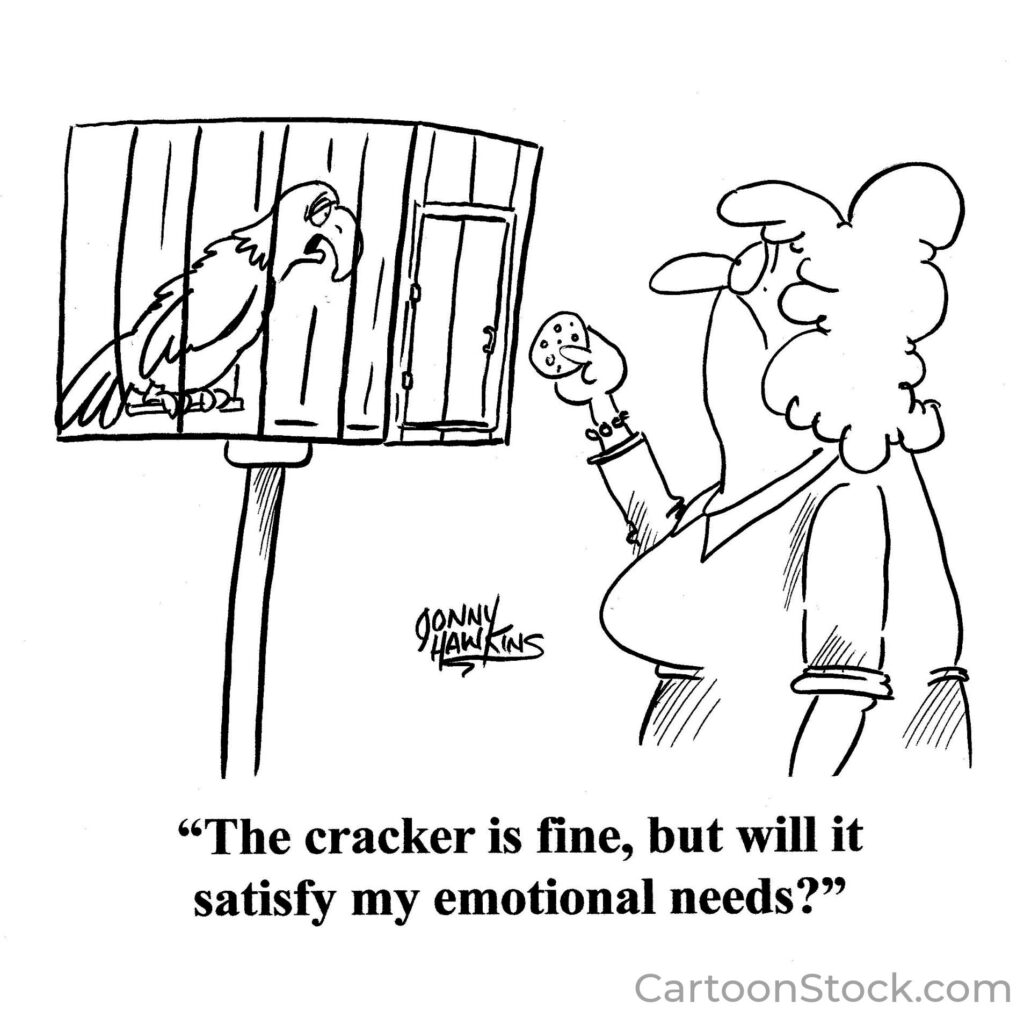
The only opportunity I have to dance in public is when I’m on a cruise ship. At least daily, there’s a venue that features live music and a dance floor. I’m untrained in dancing so it’s not a pretty sight, but it’s relaxing, almost cathartic. On our recent trip on the Queen Mary 2, Mary occasionally danced with me but my nine-year-old grandson refused. I tried to bribe and cajole him, but he wouldn’t budge. I appealed to his sense of logic, saying, “Ben, no one is going to notice you.” But that didn’t work either.
There’s a fundamental and helpful thought lying at the core of the phrase, “Dance like no one’s watching…because no one is.” Don’t be overly concerned or restrained by worrying about what other people might think of your actions, because they probably don’t even notice. Another lesson is: If it gives you pleasure, don’t hesitate to do something you’re not good at.
Some of us go through life being inordinately self-conscious. We worry about what we’re wearing, what we’re saying, and what people think of us. The reality is, most people don’t think of us often and don’t care about what we do, so we shouldn’t be overly concerned.
Of course, we should defer to social norms, manners, and protocol—that’s called social intelligence. But maintain a balance between what your culture deems as normal and acceptable and what your heart wants to do. Periodically, cut the rug.



